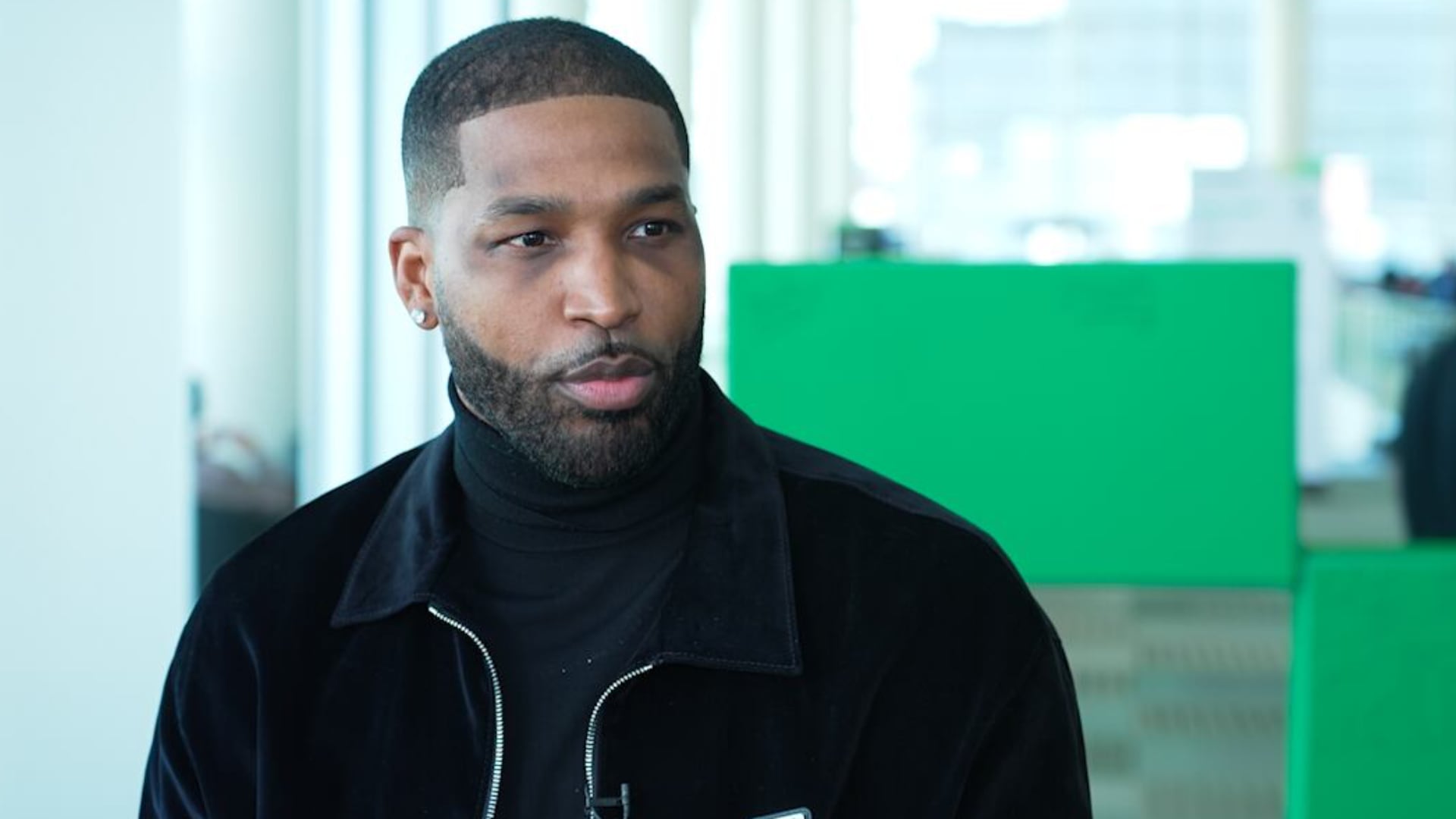Every time Olympic swimmer Missy Franklin walked through a doorway, she used to give herself an affirmation. “Sometimes you have to think about what you can tell yourself that’s positive and will build confidence and self-love,” the five-time gold medal winner told Cheddar Thursday. That was one of the ways she coped with the stresses of competitive swimming and its impact on her mental health. She picked up the technique from the greatest Olympic swimmer ever, Michael Phelps. Franklin said the only reason she could open up about her battle with depression was because she had “such an incredible stage set before me by people like Michael and…[fellow Olympic swimmer] Allison Schmitt.” “For me, once I felt like I was really ready to kind of come out and talk about it, it was actually fairly easy knowing I had the support of so many people,” she said. “This is something that so many of us experience, and yet it’s still taboo.” Franklin said her bouts of depression stem from her successes. She was just 17 years old when she won four gold medals at the 2012 London Olympics. She snagged her fifth in Rio four years later. “A lot of it came from placing my identity in my success in a pool.” Having lived through it, she now wants to reach out to younger athletes to help them recognize that, “You are not a best time, you are not a medal...you are so much more than that.” The Olympian is already in training mode for the 2020 Games in Tokyo, which entails swimming for up to four hours a day. For the full interview, [click here](https://cheddar.com/videos/the-advice-michael-phelps-gave-missy-franklin-on-keeping-her-head-in-the-game).








